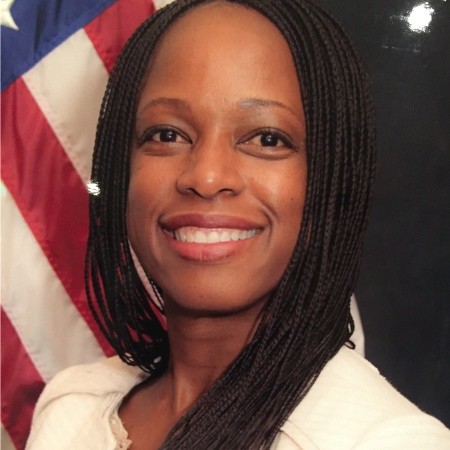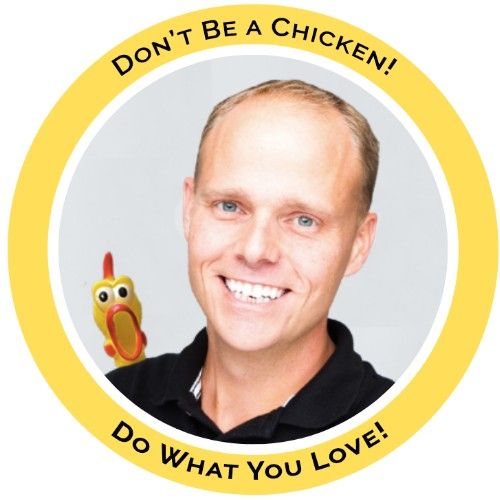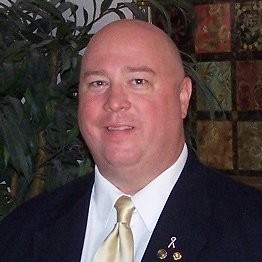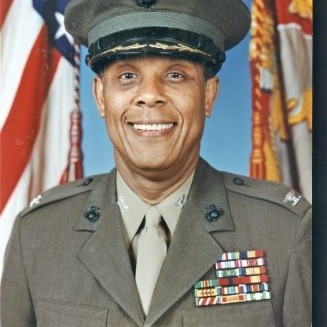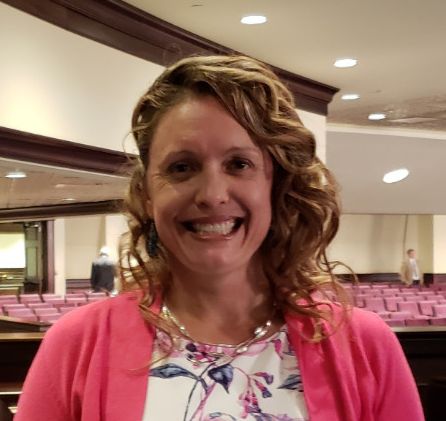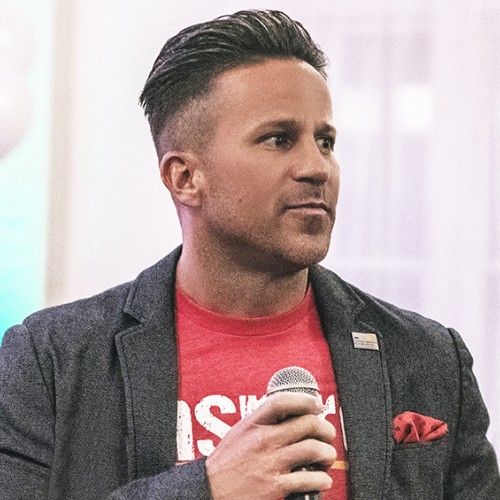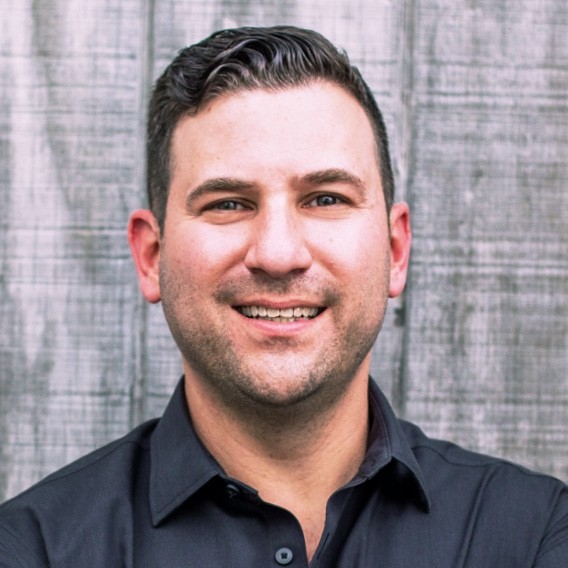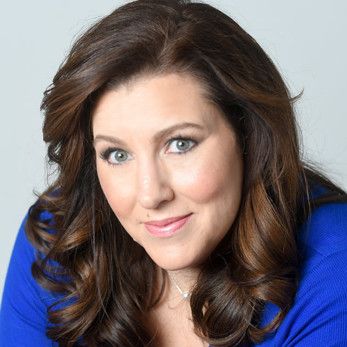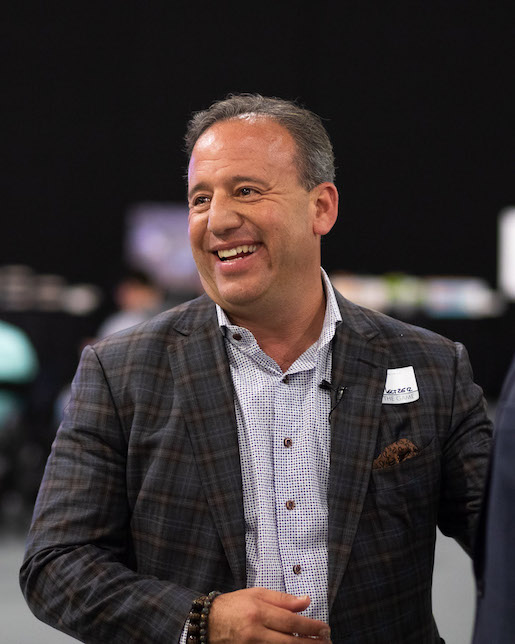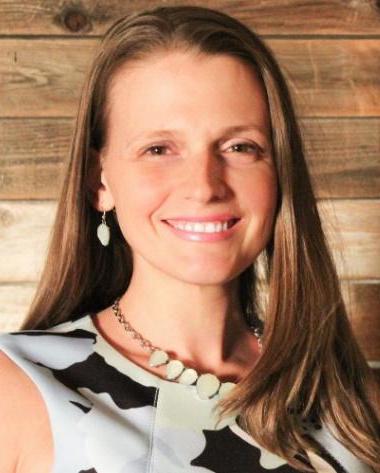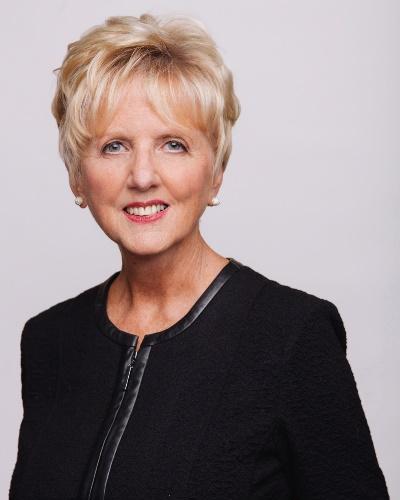Employee engagement is an extremely valuable metric for understanding your team. Engagement is strongly correlated with
productivity, so if you are not measuring your team’s engagement, now is a good time to start. This data can tell you how your team feels about their work, offer potential insight on what you can do to make them more happy and productive, and give you some idea of whether or not your employees are likely to leave the job in the near future.
But, the issue with measuring engagement is that it is a lagging metric. By the time you identify that a certain department or team in your company is becoming disengaged, it is likely far too late. Re-engagement is very difficult; they may already be working on their way out and are unlikely to be willing to give management the benefit of the doubt by putting aside their frustrations.
The first step towards avoiding fully disengaged employees is determining when they are most susceptible to becoming disengaged.
We call this measure Engagement Volatility, and we use this to understand when employees are likely to be most significantly affected by a negative event at work.
Many employees fully support and enjoy the company culture and really do enjoy their jobs. For these employees, it takes a lot to shake their confidence in the company.
There are also other people who may respond favorably to an engagement assessment today, but their beliefs in their work or company aren’t nearly as firm.
High-volatility employees can become disengaged in an instant. Whether from reading an email that seems passive-aggressive, realizing the bonus structure or compensation plan seems unfair or being forced to switch their work project or style, employees with high volatility can quickly become disenchanted with their company when dealing with frustrating events at work.
My team and I at Ambition In Motion identified two key metrics for determining engagement volatility: communication barriers and dysfunctional turnover intentions.
Communication Barriers
Communication barriers represent the lack of understanding among employees about what other employees do for their work. For example, let’s say that John in accounting frequently must interact with Jane in sales to handle some customer accounts. How well does John actually understand what Jane does? If these two employees don’t understand each other’s work, there are communication barriers that can impact their work relationship, productivity, and engagement volatility.
Communication barriers don’t necessarily tell us that the two people don’t like each other. It just means that they don’t understand what the other person does for their work and the obstacles they face.
How does this lead to engagement volatility?
Communication barriers force people to formulate assumptions about what other people do. These assumptions then lead to a lack of empathy and understanding, especially during frustrating work events. When a small miscommunication about some work task blows up, this creates an opening for people to become disengaged. It creates an opportunity to feel like they are getting taken advantage of or that the grass could be greener on the other side.
For example, let’s go back to John (accounting) and Jane (sales). John sees that Jane spent $200 on a lunch with a client and thinks to himself, “who spends $200 on a lunch?!?!” He is certain that he could have made that same sale and only spent $100 on lunch, but instead, he has to adjust budgets to fit this extra expense and his frustration grows. By discounting all of the work and skills necessary to be a great salesperson, he begins to assume (likely incorrectly) that he could do her job. This subtle frustration can grow, leading John to bring up Jane’s work ethic in casual conversations with people at the office to learn their thoughts. Once he finds somebody that happens to agree with him, it confirms his belief that he could do her job, and now he feels frustrated that she is getting bonuses and commissions on sales he is certain could have easily made. When Jane, unknowing of John’s frustrations with her, emails John, he responds passive-aggressively. He assumes that Jane knows he is frustrated and considers her lazy and inefficient. Meanwhile, Jane has no clue why his emails have become so strange, and her frustration with her work environment begin to simmer.
And the domino effect goes on and on from there…
Our team identified that 68% of engaged employees still feel communication barriers between themselves and other employees at work (e.g. they feel they don’t understand what other people do for their work). Even engaged, productive employees encounter these frustrating events, and these can lead directly to high engagement volatility.
Dysfunctional Turnover Intentions
There are 4 types of turnover for employees at work: variable, invariable, functional and dysfunctional. Variable, invariable, and functional turnover are types of uncontrollable turnover. They are based on factors outside of a company’s control – e.g. a spouse getting a job in a different city and the employee moving with their spouse, the employee being bad at their job and getting fired, or an employee receiving an offer for significantly more money from another company and the current employer being unwilling or unable to match the salary.
Dysfunctional turnover is the type of turnover a company can control. Dysfunctional turnover is based on two key factors: the clarity of their job responsibilities and purpose within the company, and their perceived respect level from their colleagues and supervisor(s).
When employees are unclear about what they are doing or why they are doing it, they are highly susceptible to becoming disengaged because the work becomes purposeless. They have no idea if what they are doing is correct, and they have no idea about how their work plays into the larger picture of the company. Lack of purpose and value at work drags down engagement and productivity.
70% of employees avoid difficult conversations (like asking for clarity on their role or task) with their boss, colleagues, or direct reports, according to a
Bravely study. Essentially, people fear or feel uncomfortable asking for clarity. This contributes to their engagement volatility and if the “what” and “why” of their work isn’t clarified quickly, they could become disengaged.
The perception of respect is the other critical factor to dysfunctional turnover intentions. When employees don’t feel respected by their colleagues or supervisor, they will have high engagement volatility.
The perception of respect is the key.
To be clear, respect is important, but the effects are not directly based on whether or not colleagues or supervisors actually respect the employee’s work. It is based on whether the employee perceives that their work is respected. If they don’t feel like they are appreciated for their contribution or that the feedback they receive is sincere, they quickly become disengaged.
Solution
One way to better understand your team’s engagement volatility is by sending your team Ambition In Motion Engagement Volatility Assessment. It takes roughly 5 minutes to complete and can provide great insight into your team’s likelihood of becoming disengaged. You can break it down by department so you can better understand if there are some departments that have higher/lower engagement volatility than others.
Once you understand your team’s engagement volatility, you can work towards identifying what steps you should take to ease your team’s volatility and stabilize your employee engagement.
One great way to accomplish this is by implementing a
Horizontal Mentorship Program. Horizontal mentorship helps your team break through employee communication barriers, improve clarity of your employees’ roles and responsibilities, and build empathy and respect across your team.





